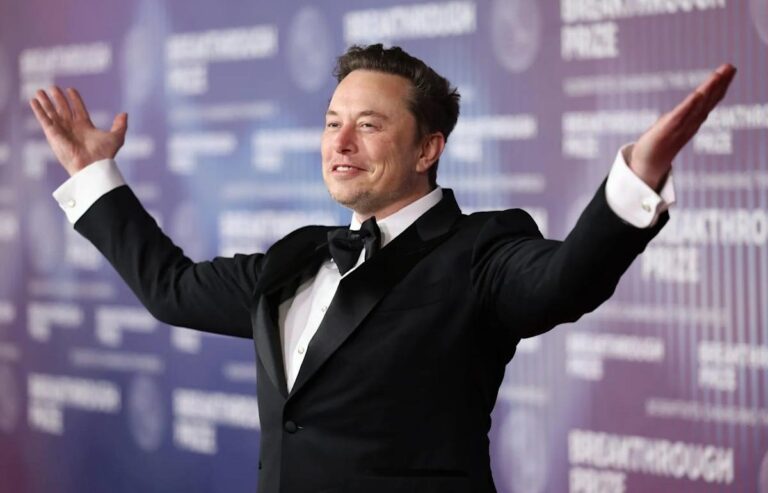China’s latest decision to expand its restrictions on rare earth mineral exports is raising alarms across the global auto industry. These minerals are vital for the production of high-performance magnets, which are essential components in electric vehicles, wind turbines, and advanced military technology. Earlier this month, Beijing widened its export controls to include seven types of rare-earth elements and magnets. This development has sparked fears that the supply of these critical resources could dry up within just a few months, severely impacting global manufacturing operations.
The backdrop of this move is a sharp escalation in the ongoing trade dispute between the United States and China. In response to former President Donald Trump’s hefty 145% tariff hike on Chinese imports, Beijing appears to be leveraging its near-monopoly on rare earth processing as a countermeasure. Industry leaders and government analysts alike are warning that existing supplies may only last between three to six months. If alternative sources aren’t found quickly, automakers could face severe disruptions and potentially halt production lines, especially in regions dependent on Chinese exports such as the European Union and Japan.
Industry insiders are already expressing concern about the fragile state of the supply chain. Jan Giese, a metals expert at Germany’s Tradium, noted that many automotive companies have no more than two to three months of magnet inventory on hand. According to Giese, unless shipments resume quickly, the industry may be forced to deal with serious bottlenecks. The elements under export scrutiny — including dysprosium, terbium, and samarium — are known for their ability to withstand extreme temperatures, making them indispensable in motors, rotors, and other electric vehicle components.
The potential ramifications extend beyond automobiles. These restricted elements also play a central role in cutting-edge military applications. A senior executive from a major automotive firm underscored the seriousness of the situation, describing the export control measures as a calculated political move. Rather than simply matching U.S. tariffs, China may be opting for a more targeted approach — disrupting critical supply chains to increase pressure on U.S. companies, with the hope they’ll lobby their government to reconsider its trade policies.
Although rare earth metals are not particularly scarce in nature, processing them is both technologically challenging and environmentally taxing. China has long dominated this segment, investing heavily in refining and infrastructure, which has made other nations dependent on its supply. What remains uncertain is how strictly these new controls will be enforced and whether other countries will be able to ramp up production or find viable alternatives in time. For now, the specter of supply shortages looms large, and the global auto industry is bracing for impact.



